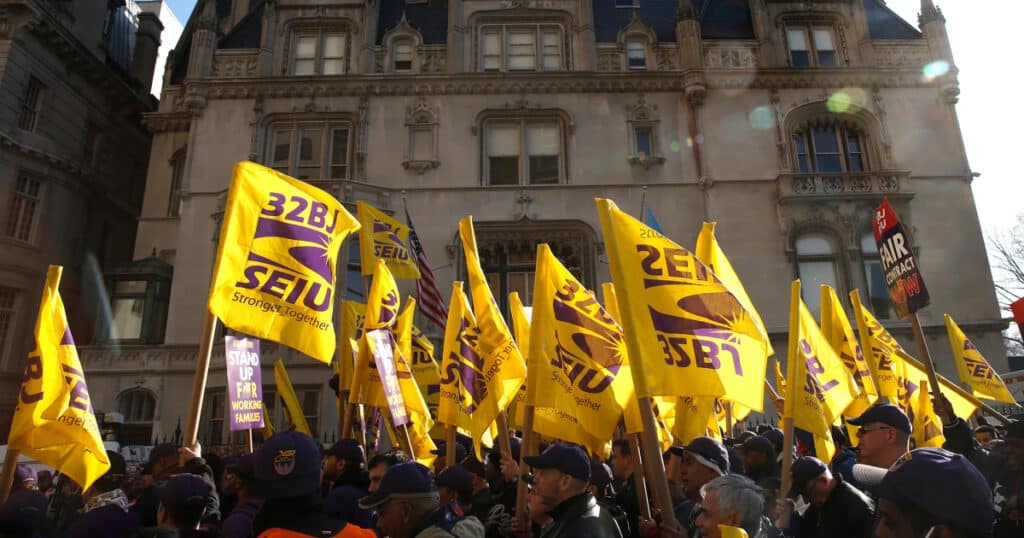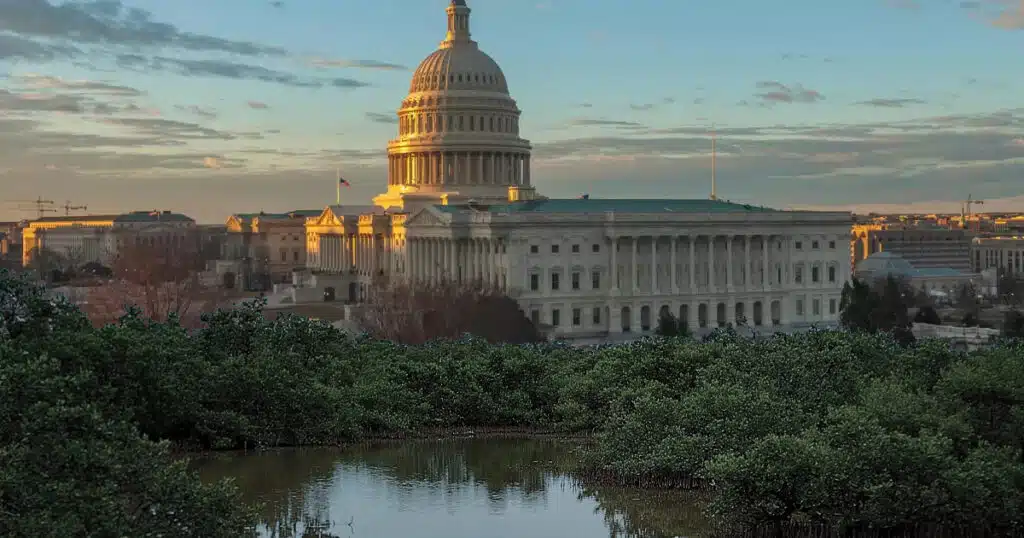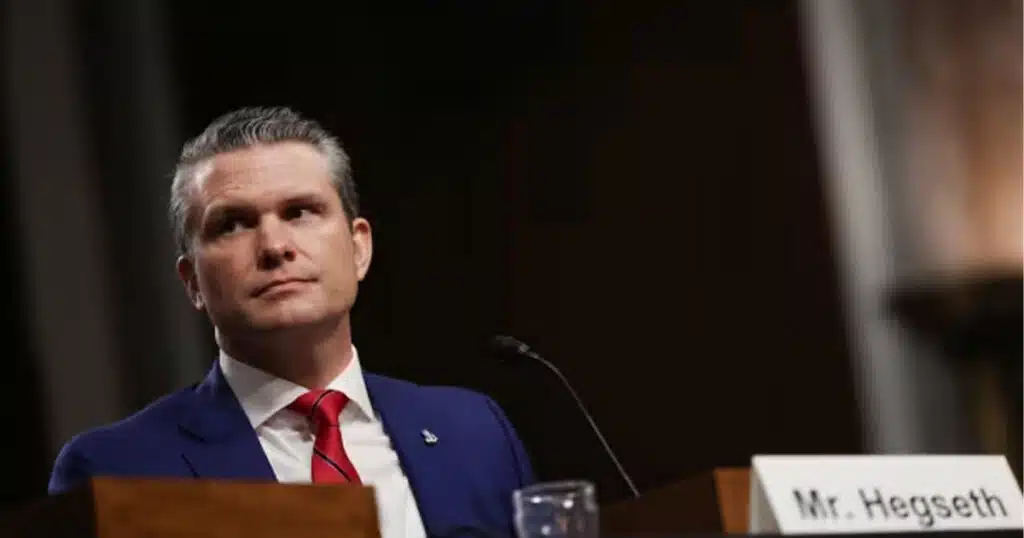
End Practice of Federal Government Serving as Unions’ Bill Collector
Imagine if membership organizations could get the federal government to serve as their bill collector, subtracting membership costs from workers’ paychecks before they see them and sending the money directly to the organization.
That special privilege actually exists for federal employees’ unions, but the Paycheck Protection Act, introduced by Rep. Eric Burlison, R-Mo., would end the practice.
“Whether or not a worker chooses to join a union and pay dues is up to them,” Burlison says. “The federal government should not help unions do their job by collecting dues on their behalf.”
The current practice of federal agencies serving as unions’ dues collectors pushes administrative costs onto taxpayers, shields federal unions from accountability and transparency, and makes it harder for federal workers to end their union membership.
As anyone who has received mailings and engaged in communications with organizations such as AAA knows, keeping track of and collecting dues payments is a significant part of membership organizations.
Unions representing federal employees avoid all these costs as taxpayers foot the bill for federal agencies to serve as the bill collector.
President Franklin Roosevelt warned against the inherent conflict of interest that exists with public sector unions because the employer—that is, taxpayers—have no seat at the table in negotiations.
Now, the scales are tipped even further against federal taxpayers because in addition to having no say in union negotiations, taxpayers are also serving as federal employee unions’ bill collector, paying for unions’ office space and paying the salaries of federal workers who are “released” from the jobs they were hired to do so that they can work for their union on union business instead.
Direct paycheck deductions make unions less accountable to their members because few workers actually examine their paychecks to know what they are paying. That makes workers less likely to think about whether the cost is worth the benefits they receive, and it makes it easier for unions to increase workers’ dues without them realizing it.
Moreover, changing a paycheck deduction is usually a more burdensome and time-consuming process than canceling a membership that a worker pays themselves.
Having the federal government serve as the bill collector for federal employee unions makes it harder for workers to cancel their union membership.
Unlike canceling a membership online through the organization’s website or ending automatic bank payments, federal workers cannot go to the source of their payment—their employer through their paychecks—to get out of their union.
Instead, federal workers have to contact union officials—who will almost certainly push back—and then wait for the union to notify their employer to cancel their dues deductions. Often, workers have only small and limited windows in which they are allowed to request cancellation.
The Paycheck Protection Act would help federal employees by requiring their unions to be more transparent and accountable to them. It would protect taxpayers by no longer requiring them to foot the bill for a private organization’s bill collections. And it would eliminate the special-interest bill collection subsidy granted to federal employee unions.



